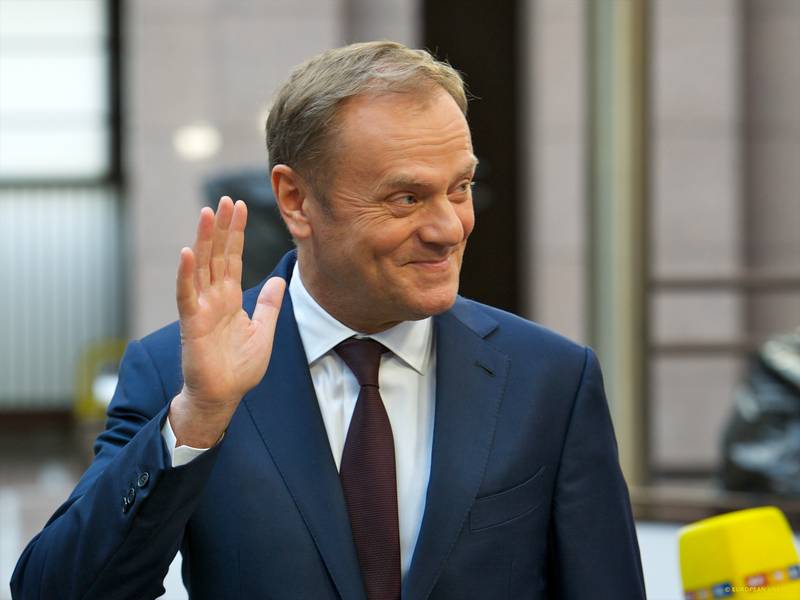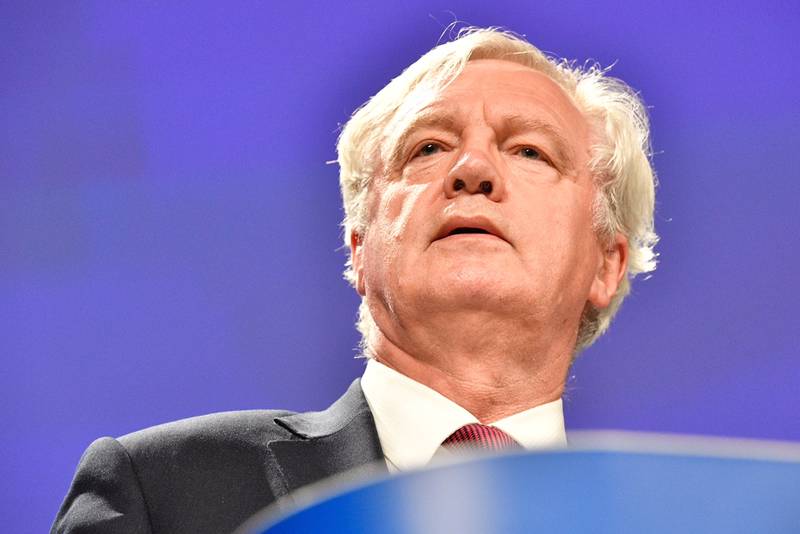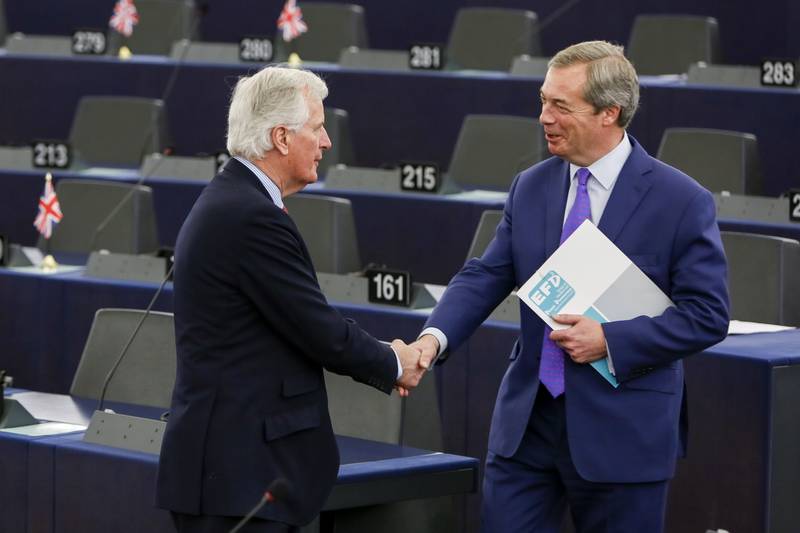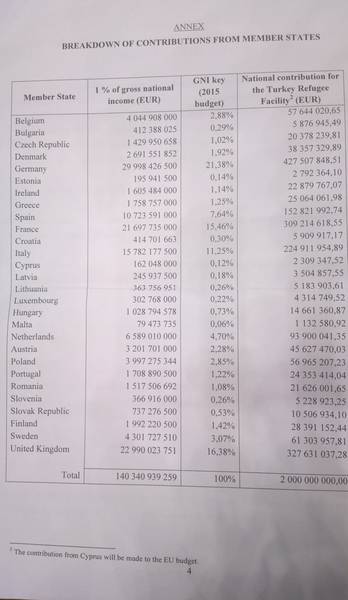Boyko Borissov: Enough With Referendums! We Want Help With Judiciary Reform
Adelina Marini, December 17, 2015
The referendum in Denmark is very worrying, said Bulgaria Prime Minister Boyko Borissov before the start of the summit in Brussels when asked by euinside which British demands is he ready to back. He shared that during the summit of the EPP, which traditionally is held before the European Council, leaders from this party discussed the referendum held on December 3rd on whether Denmark should adopt some of the rules of the EU regarding justice and home affairs. Denmark has an exception on enforcing these rules, which gives it the opportunity to enforce them at will. The Danes, however, discarded this opportunity by a huge majority. According to the Prime Minister, this is a very important matter. This is why he asked journalists in Brussels to pay special attention to it.
On the question of the upcoming British referendum for Great Britain’s membership in the EU Mr Borissov stated that it is important that the referendum is only one, “because there can’t be referendums all the time on different subjects and different demands being made in every single country”. He showed full understanding for British PM David Cameron in his attempts to solve the social benefits problem, but explicitly stated that he does not support them, because many Bulgarians benefit from them. “Europe for years and decades has made it so that social systems work well, people pay their taxes, social insurance and later have a well provided-for social future when they enter into pension age or are out of a job at the moment. This does not mean that this influx of people, who want to live better, should continue endlessly. After all, each people must arrange its state so, that it lives well on its own territory”, said the Bulgarian PM.
According to him, the term, required by London for EU citizens to contribute to the social system for a minimum of four years before being able to benefit from welfare, is too long. A better instrument can be found, which would guarantee the British citizens’ money, while at the same time being less restrictive.
In Brussels today, before the summit, there was a mini-summit of the leaders of the so-called “like-minded member states” – Austria, Belgium, Germany, Luxembourg, Finland, Sweden, Greece, and the Netherlands with Turkish PM Ahmet Davutoğlu on the implementation of the deal with Turkey, part of which is the voluntary mechanism for resettlement of refugees from Turkey to these countries. During the meeting Austrian Chancellor Werner Faymann again put forward the idea those states, which refuse to execute the relocation and resettlement schemes, to have their European funds cut back. Prime Minister Borissov strongly protested the idea. “I am explicitly against this. Cohesion is important to all EU countries”. According to him, this idea could cause very serious quakes in the EU.
Regarding the most-controversial part of the proposal of the European Commission for common border security, namely the location of intervention teams in countries, which do not manage to secure the EU’s external border, Borissov gave full support, giving an example with the monitoring, which the EC is doing of Bulgaria’s Judiciary. “What if a country is not coping and everyone suffers later? Why do we have a monitoring of our Judiciary? Because it is considered that even if a state has problems in its Judiciary, foreign investors, who are in this country, have no guarantee for their business. This is where this monitoring is coming from in the first place”. In the same context he shared his newest idea for foreign experts, who would help for the Judiciary reform in Bulgaria.
New idea on the Judiciary reform
“Everyone, who cannot cope, needs to have help, like we would like them to help us now with the Judiciary reform with their envoys watching every step we make so that we are sure it is in the right direction. This is not an insult to the state. If you are not coping with something and it is obvious that the people do not support it, we also want to improve, why can’t they help us with two or three experts, including two going into the Prosecution, who will monitor everything being done, so that the colleagues in Europe are aware that new efforts are suggested. This is an initiative that just came to my mind”.
Translated by Stanimir Stoev
 David Cameron | © Council of the EU
David Cameron | © Council of the EU Donald Tusk | © Council of the EU
Donald Tusk | © Council of the EU David Davis | © European Commission
David Davis | © European Commission Angela Merkel | © Council of the EU
Angela Merkel | © Council of the EU Michel Barnier, Nigel Farage | © European Parliament
Michel Barnier, Nigel Farage | © European Parliament | © euinside
| © euinside